Teak oil vs Teak sealer? Come and explore the fascinating realm of teak finishes, as we unveil the hidden treasures of preserving the everlasting allure of this extraordinary hardwood. Teak oil vs teak sealer comes as a pretty common topic. Choosing between teak oils for different purposes and teak sealers, we will explore specific uses of both materials to figure this out.
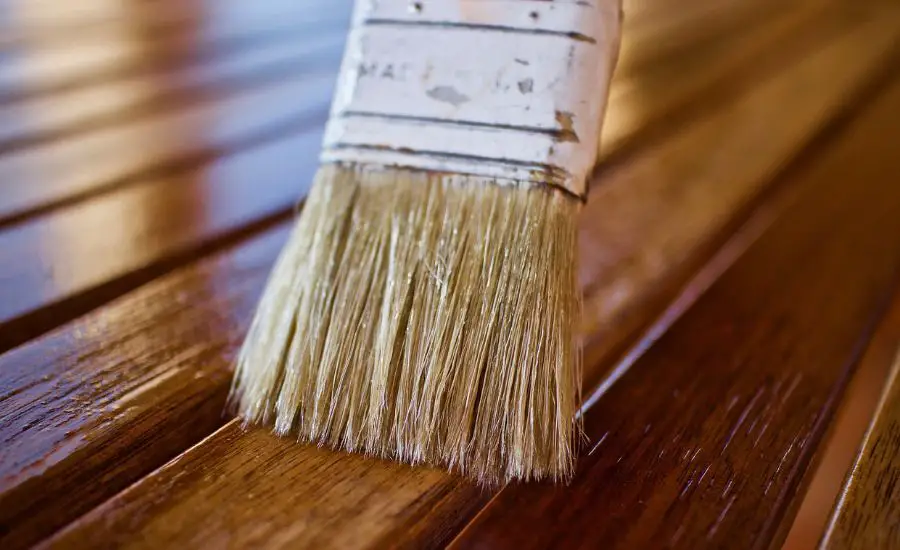
- Is teak sealer the same as teak oil?
- Teak oil use
- Teak sealers use
- Difference
- Confrontation
- Can you use teak sealer over teak oil?
- Teak sealers
- Should teak be oiled or sealed?
- Teak trees characteristics
- Need for coverage
- Rot resistance
- Teak sealer importance
- Does teak oil need a sealer?
- Teak oils sort
- Teak sealers sort
- Applying varnish
- Teak sealant usage
- Teak oil vs teak sealer: so similar and so different
- Conclusion
Is teak sealer the same as teak oil?
Teak sealer and teak oil are different products with distinct purposes and applications.
Teak oil use
Applying teak oil is commonly used to provide a natural, warm finish to teak wood, enhancing its natural appearance and providing a second coat.
It penetrates the wood and nourishes it from within, bringing out the wood’s natural beauty.
It is often used for wooden furniture and other items, as well as for outdoor furniture that is not constantly exposed to the teak products.
Teak sealers use
Teak sealer is used primarily as a protective coating for teak wood, particularly for outdoor furniture and marine applications. Teak sealer forms a thin coat on the surface of the wood, providing a barrier against moisture, direct sunlight, and other outdoor elements.
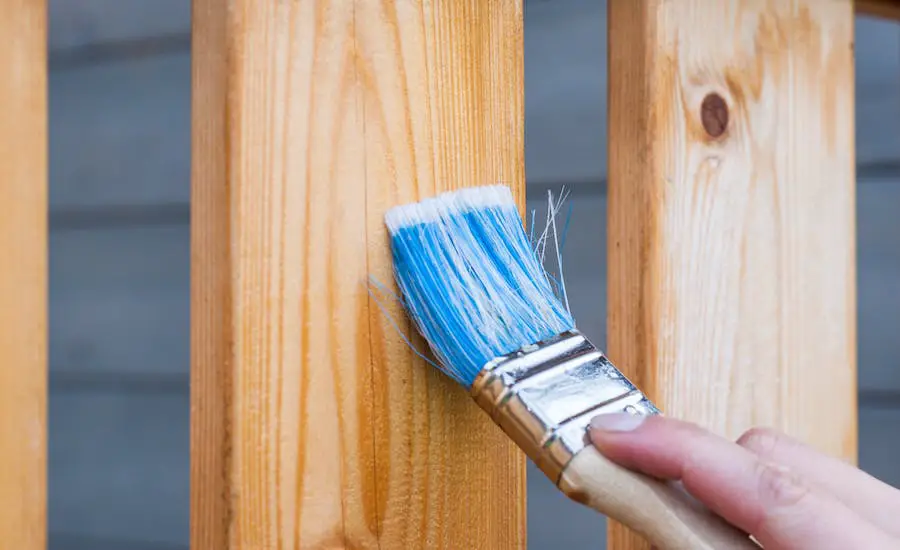
Difference
Unlike teak oils, which enhance the natural color of the wood, teak sealer forms a protective coat that helps to prevent it from weathering and helps not to turn grey.
The usage of teak oil enhances the captivating appeal of existing wood, while also granting a measure of safeguarding. Conversely, the main priority of teak sealer lies in shielding the wood from the harsh forces of the great outdoors.
Confrontation
Both products serve different purposes and should be chosen based on the specific requirements of the teak wood application.
If you want to maintain and enhance the aesthetic appeal of your indoor teak furniture, using teak oil would be a suitable choice.
Using a teak sealer is a more suitable choice when it comes to protecting outdoor furniture from the elements.
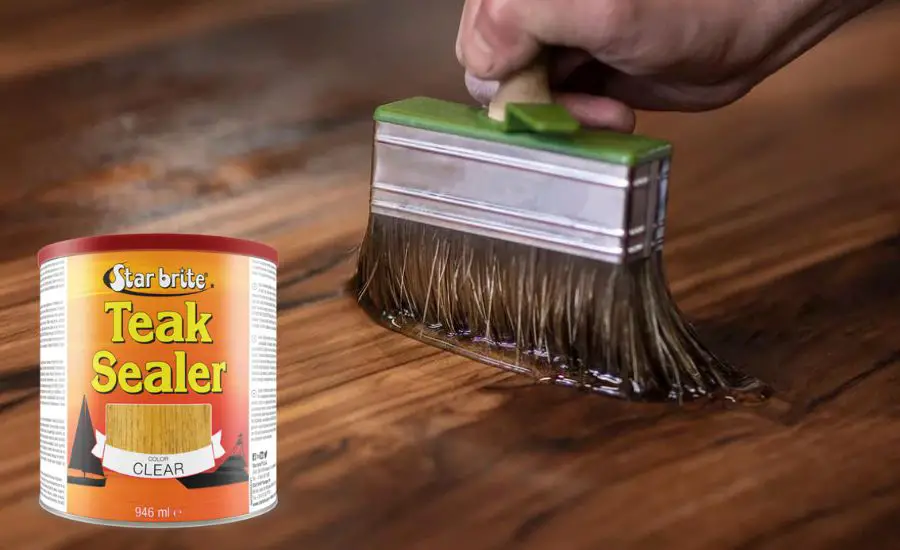
Can you use teak sealer over teak oil?
Applying teak sealer over teak oil is generally not recommended. Natural teak oil is commonly used to enhance the appearance of teak wood and provide some protection by penetrating the wood.
On the other hand, the teak sealer is designed to protect the wood from moisture and prevent mildew and stains.
If teak oil has been previously applied to the wood, it may hinder to application of oil on the wood surface.
Over-teak oil may result in an uneven or patchy wood finish. While both products can be used independently to protect and maintain teak timber, combining them may not yield the desired results.
Teak sealers
It’s essential to carefully consider the type of finish and protection that is desired and to choose the appropriate product accordingly.
Ultimately, when caring for existing teak wood, it’s important to consider the specific characteristics of the wood, such as its tropical hardwood nature and natural oils.
While teak oil can provide only a temporary fix for maintaining the wood’s appearance, using a dedicated sealer can offer longer-lasting protection and preserve the natural beauty of the wood.
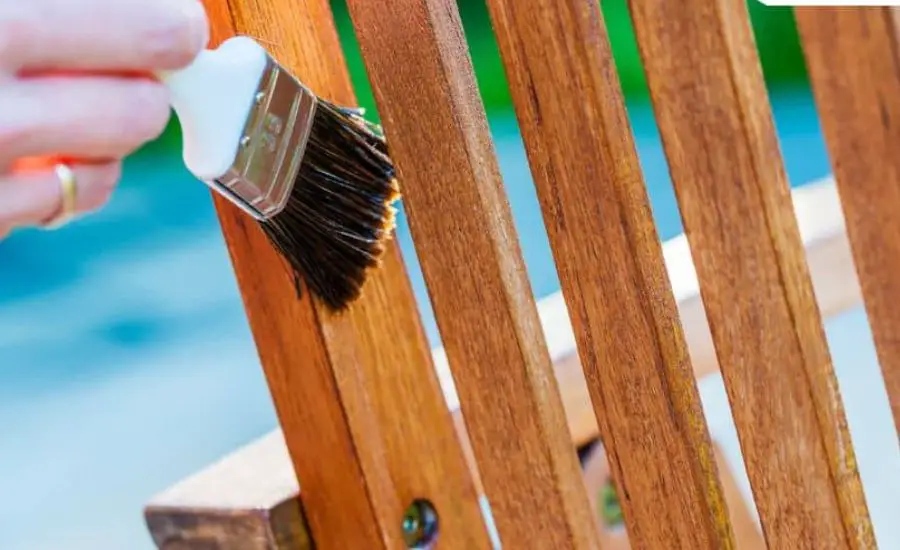
Should teak be oiled or sealed?
Regarding applying teak sealer, it’s essential to understand the characteristics of wood, as well as the available maintenance options.
Teak trees characteristics
It possesses high natural oil content and tight wood grain, making it well-suited to protect teak wood in weather conditions such as rain, salt water, and sunlight.
Need for coverage
It is highly versatile and can be left natural, painted, stained, waxed, or varnished based on its application.
Rot resistance
Teak timber is highly resistant to rotting, termite devastation, and acid damage due to its abundant natural oils.
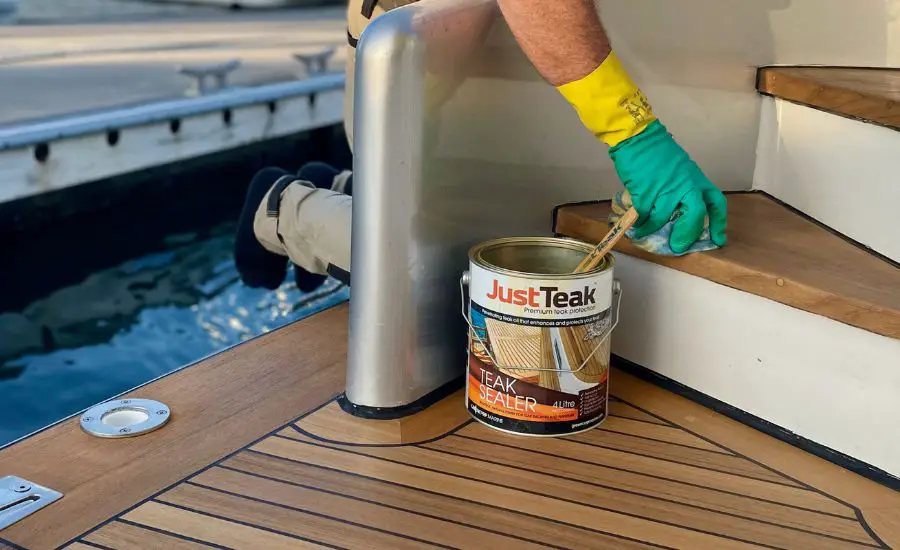
Teak sealer importance
Teak sealers are easily maintained, moreover when you apply teak oil like Semco Teak Cleaner and Sealer can help maximize its longevity.
Naturally weathered teak transforms over time to a beautiful silvery gray color if left untreated.
Understanding these characteristics and their primary purpose is important when making decisions for the care and maintenance of wood.
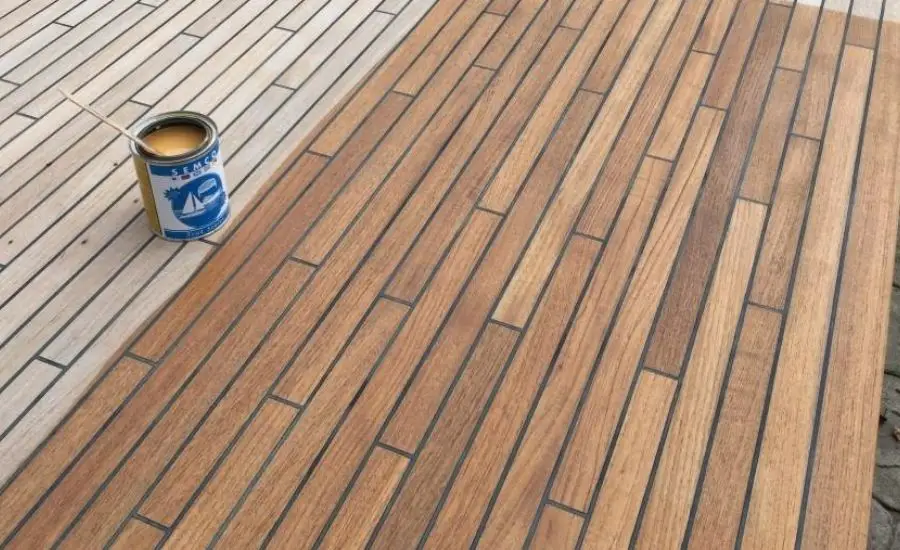
Does teak oil need a sealer?
Teak oil and teak sealer have distinct functions in terms of upkeep and protecting teak furniture, particularly oil teak furniture.
This makes it well-suited for maintaining the appearance and resilience of teak furniture over time. However, teak oils require periodic reapplications to maintain effectiveness, especially for outdoor use.
This makes it particularly beneficial for outdoor teak furniture, as it offers a more robust level of protection compared to oil-based teak sealer.
The teak sealer helps in preserving the wood’s appearance and integrity, reducing the frequency of maintenance required for outdoor teak furniture.
The decision to apply teak oil, teak sealer, or a combination of both depends on the specific needs and desired level of protection for the teak furniture and bare wood while considering its outdoor use.
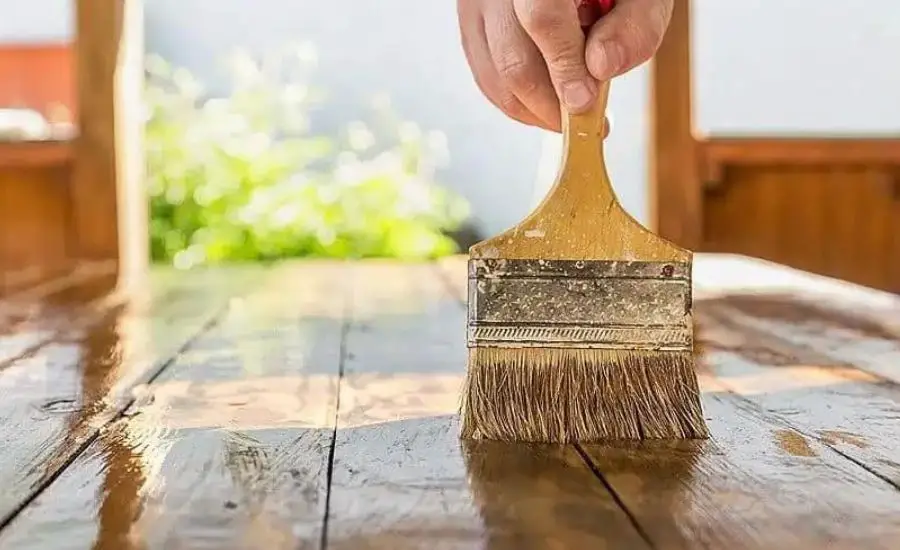
Teak oils sort
When it comes to teak oil, there are various options available, each with its unique characteristics. The choice of teak oil largely depends on the specific application, such as furniture maintenance or boat decking.
When considering teak oil varieties, it’s essential to recognize their unique characteristics.
Additionally, it provides protection and waterproofing for other exotic wood and hardwoods.
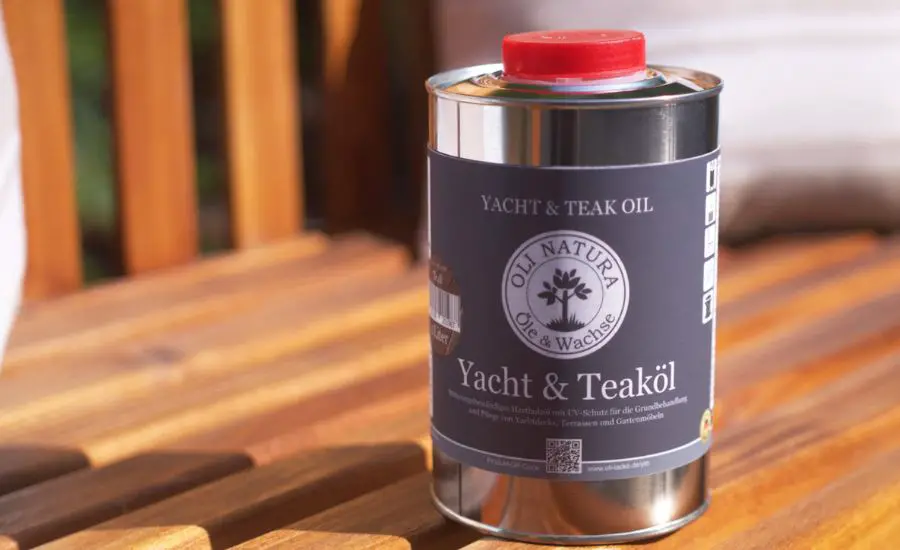
Teak sealers sort
Total Boat Danish Teak Sealers help to protect the wood from weathering and deterioration.
Teak furniture, especially outdoor pieces, requires ongoing maintenance to preserve its appearance and longevity.
Sealing teak furniture is crucial for ensuring it lasts for many decades.
Teak sealers saturate wood grain deeply, helping to maintain the natural beauty of wood.
Unprotected teak can break down over time, causing costly leaks and damage to the wood.
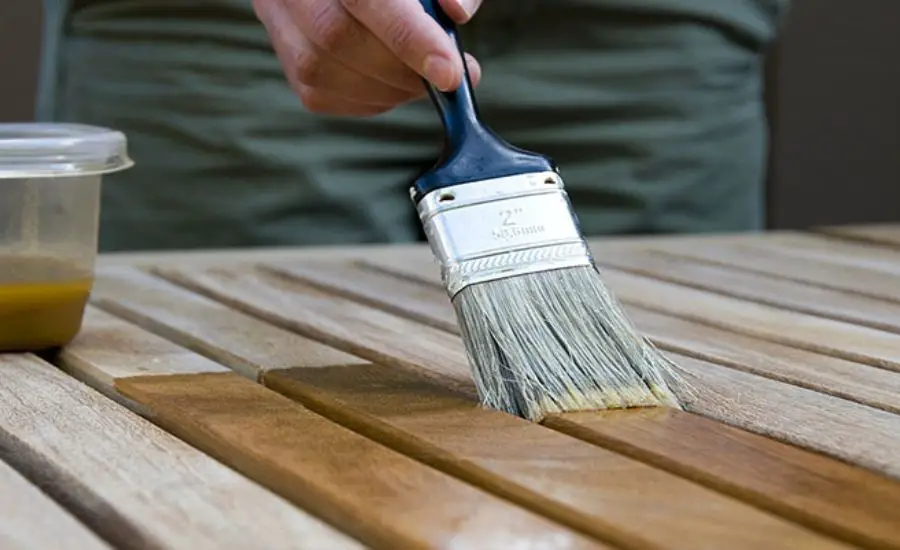
Applying varnish
When it comes to applying varnish on teak wood, it’s important to acknowledge that varnishing provides a protective seal that not only enhances the natural beauty of the wood but also shields it.
However, for teak wood specifically, which has oils that enable it to weather naturally without rotting, varnishing can be considered a temporary fix rather than a long-term solution.
For the application process, using a lint-free cloth is recommended for the initial varnish coat. This aids in ensuring a smooth and even application across the wood surface.
When applying the second thin coat, a hand-held pressure sprayer can be used for more controlled and efficient coverage.
Considering that wood weathers naturally due to its inherent oils, the decision to varnish should be made with the understanding that it is more of a short-term enhancement rather than a long-lasting protective measure.
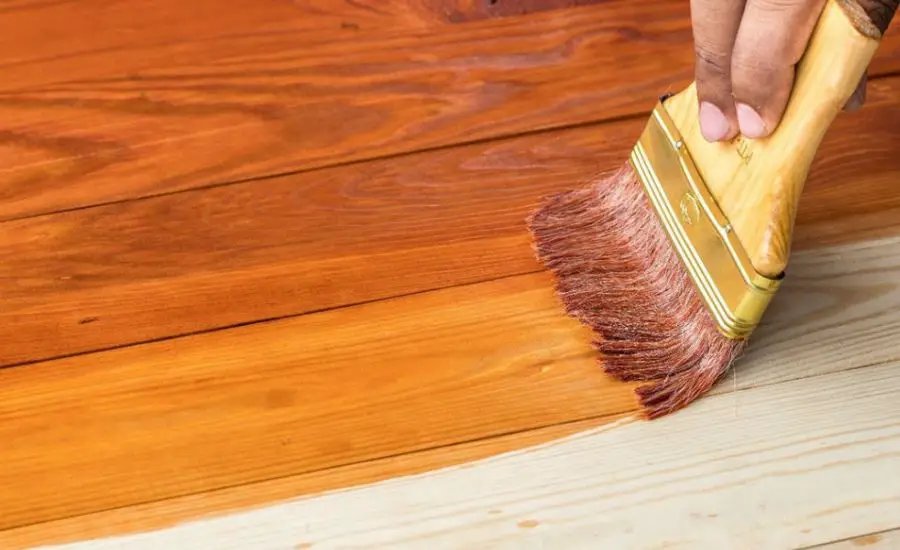
Teak sealant usage
When considering teak sealant usage, particularly for furniture and potential marine use, it’s important to note that the process involves allowing the sealant to dry naturally after application.
Applying oil to teak furniture can enhance its natural beauty and protect it from environmental factors, making it suitable for both indoor and outdoor use. Additionally, more oil may be required for larger furniture pieces to ensure thorough coverage and protection.
In the context of marine use, teak sealants are often designed to withstand the high-maintenance demands of marine environments, providing enhanced durability and protection against the elements.
When used for furniture, these sealants can offer low-maintenance solutions, requiring minimal upkeep over time.
It’s essential to follow the producer’s guidelines regarding drying times and reapplication, as some sealants may require maintenance every few weeks to ensure ongoing protection and preservation of the teak furniture.
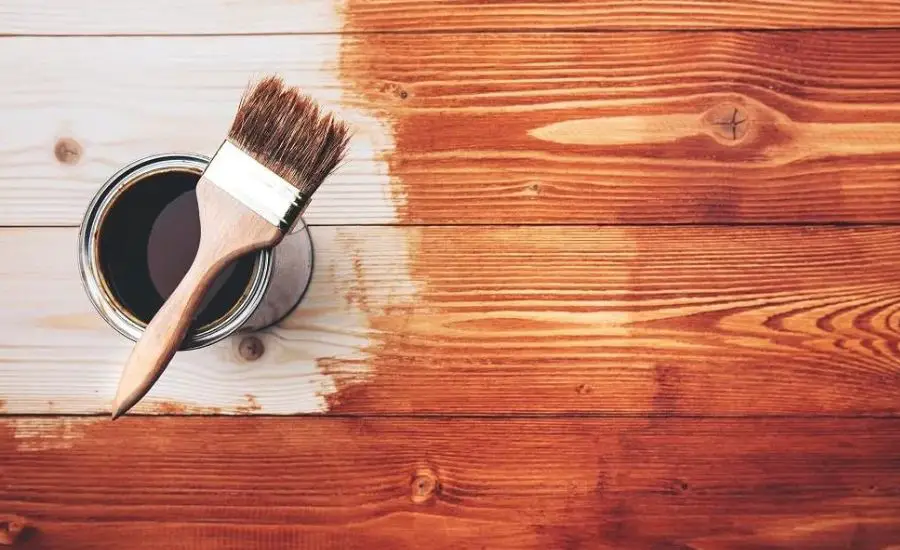
Teak oil vs teak sealer: so similar and so different
When considering teak oil vs. teak sealer, it’s essential to understand their unique properties and how they can benefit teak wood. Teak oil is often used to nourish and protect wood, including outdoor teak furniture.
It pierces through the wood, enhancing its natural color and providing some protection against moisture and UV rays. This nourishing oil often contains a mix of natural oils, such as linseed oil, to help maintain the wood’s appearance and integrity.
On the other hand, teak sealer is designed to create a protective layer on the surface of the wood, offering enhanced protection against moisture, dirt, and stains.
Unlike teak oil, teak sealer forms a barrier that shields the wood from various environmental elements.
While teak oil nourishes the wood and enhances its appearance, teak sealer provides a stronger protective layer, making it suitable for outdoor teak furniture and marine applications.
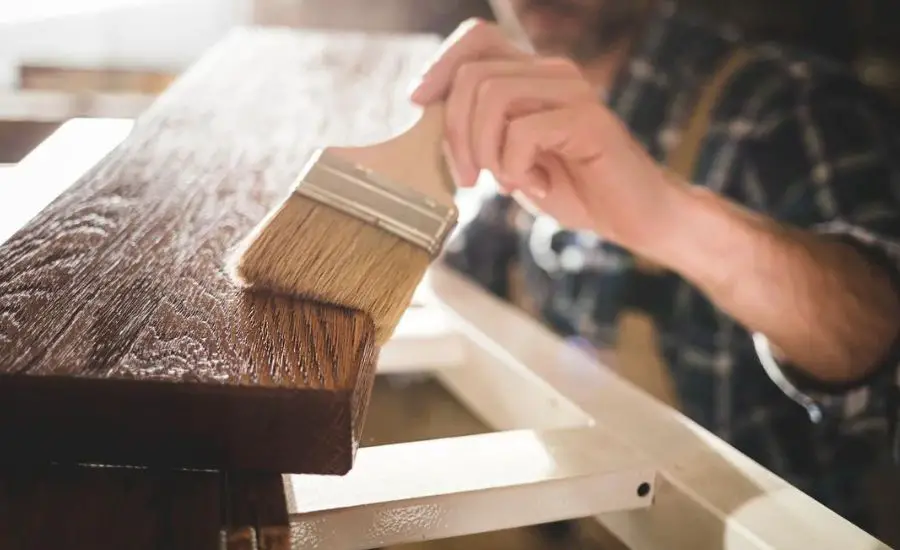
Conclusion
Teak oil is typically used to nourish and maintain the natural beauty of teak wood, and it contains natural oils like linseed oil to provide these benefits.
Different teak oil products offer various benefits such as natural wood enhancement, protection from mold, ease of application, and a natural golden finish.
Teak sealer, on the other hand, is applied for enhanced protection against outdoor elements, making it particularly useful for outdoor and marine teak applications.
Each product serves a different purpose in preserving and maintaining the beauty and integrity of teak wood based on its specific properties and application. Proper application and maintenance of teak oil are crucial for maximizing its protective and aesthetic benefits.

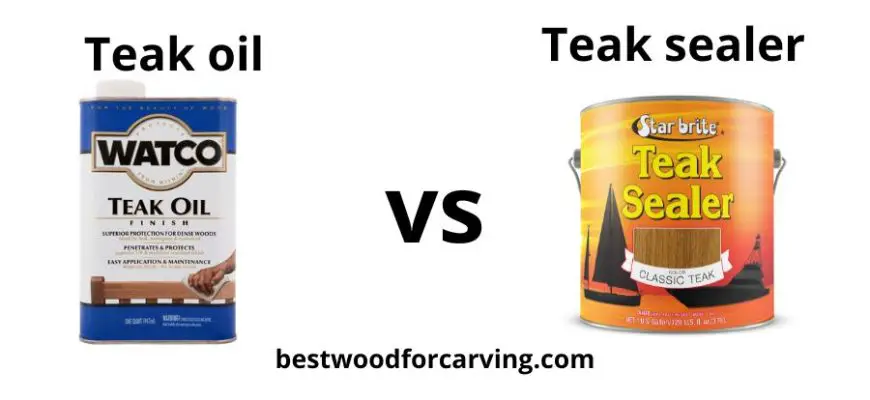
![Sapele vs. walnut wood [5 main differences] Sapele Vs. Walnut Wood: Top 5 Differences & Best Guide](https://bestwoodforcarving.com/wp-content/uploads/2024/01/wood-53-335x220.jpg)
![Mango wood furniture pros and cons [9 tips] Mango wood furniture pros and cons + 9 tips before you buy](https://bestwoodforcarving.com/wp-content/uploads/2024/01/wood-51-335x220.jpg)
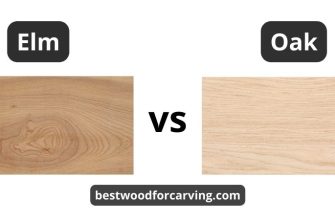
![Which advantages and disadvantages of hickory wood? [8 factors] Top 8 Disadvantages Of Hickory Wood: Best Helpful Guide](https://bestwoodforcarving.com/wp-content/uploads/2024/01/wood-38-335x220.jpg)

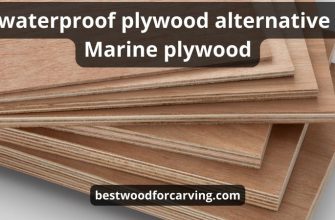
![How Long Do Wood Pellets Last? [6 Essential Insights Unveiled] How long do wood pellets last](https://bestwoodforcarving.com/wp-content/uploads/2023/12/How-Long-Do-Wood-Pellets-Last-6-Essential-Insights-Unveiled-2-335x220.jpg)
![Tung oil vs polyurethane [4 main comparison factors] Tung Oil Vs Polyurethane: Top 4 Factors & Best Helpful Guide](https://bestwoodforcarving.com/wp-content/uploads/2023/12/wood-14-335x220.jpg)
![Is tung oil flammable? [7 Preventive measures] Is Tung Oil Flammable: Top 7 Safe Tips & Best Guide](https://bestwoodforcarving.com/wp-content/uploads/2023/12/What-is-a-Wood-Planer-3-335x220.jpg)